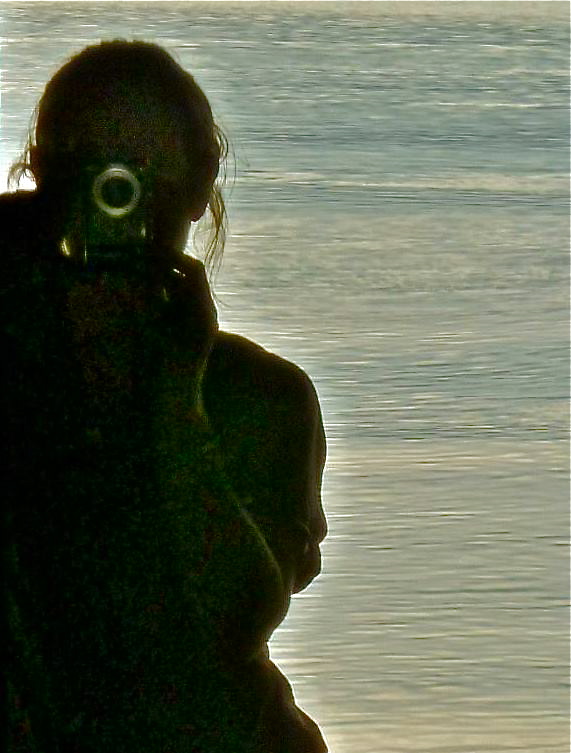Teach your children
A few months ago I asked Brisbane City Council if they would plant a tree outside our house. There always used to be one, on the nature strip, but it did not survive the renovations. Council approved my request and, early one Sunday morning late in November, they planted a Tuckeroo sapling that I'd promised we would care for, by mulching and watering.
Little Tree, as it has come to be known, has flourished. A couple of weeks ago, my neighbours were seeing off some visitors who were parked alongside Little Tree. The children were loitering: their mother obviously wasn't saying goodbye fast enough, and the boy starting pulling Little Tree over by its leaves and letting go, so it sprang back. His sister pulled a couple of leaves off to pass the time. Ordinarily, I would have asked them to stop, but our neighbours are strange and I wished to avoid confrontation.
Earlier this week, while walking in a local park, I watched in dismay as a young woman let two fast, powerful dogs chase two Masked Lapwings across the football pitch – twice. The park is not a dog off-leash area.
These incidents got me thinking about how we raise children with regard to the natural world. It's not rocket science, but I am frequently surprised that what I consider to be obvious, obviously isn't.
* There's a good reason for 'Don't feed the wildlife' signs – our food doesn't suit most animals – so don't do it. And don't set the precedent: 'Let's go and feed the ducks, roos, etc...'.
* Respect all living things. A bat is just as worthy as a koala, just not as cute... or as good at earning tourist dollars.
* Take home ALL your rubbish and belongings after picnicking, camping, swimming, fishing, sailing, sunbaking etc. Leave only your footprints, not your broken thongs.
* You don't have to have two dogs or more: one's just fine (working dogs in the bush being the exception). Multiple dogs in the city is not clever nor good for your carbon footprint. Consider adopting a Phillip Island penguin instead – here.
* Always keep your dog on a lead if there is any wildlife nearby, or the possibility that there might be. And keep your dog quiet, especially at night: if it's a yapper, bring it in from the yard.
* Go quietly. If you're walking in the bush or along the beach, remember that other people may be listening to birdsong, waves breaking or simply the silence. You'll never see animals if you crash about.
* If you're driving off road, respect the land and those who work and use it: leave gates as you find them; always watch out for animals, not just at dawn and dusk; never disturb seabirds resting on the shoreline; and don't even think about circle-turning on the sand or carving your name in wood or rock. Leaving your mark is not smart, it's dumb...
Above all, set an example of wonderment and celebration in biodiversity and landscape. Teach your children to see clearly, and to explore what they see; to value it and to question those who would exploit it for the gain of a few at the expense of the many. With a bit of luck we'll produce committed guardians of a planet under siege.

A few weeks ago I read a piece in a magazine OneEarth, an online forum for thought and opinion about the environment here. It is a long piece but I recommend you read it. It's the story of three people who paddled 92 miles down the Kobuk River through the boreal forest in arctic Alaska, and is an inspiring celebration of raw experience in a wild, wonderful place. A place that will be obliterated by mining and roads if the governor of Alaska has his way. In the face of madness, the writer concludes:
It's not so much that we are trying the save the beauty and efficacy of the natural world; rather, it saves us.



